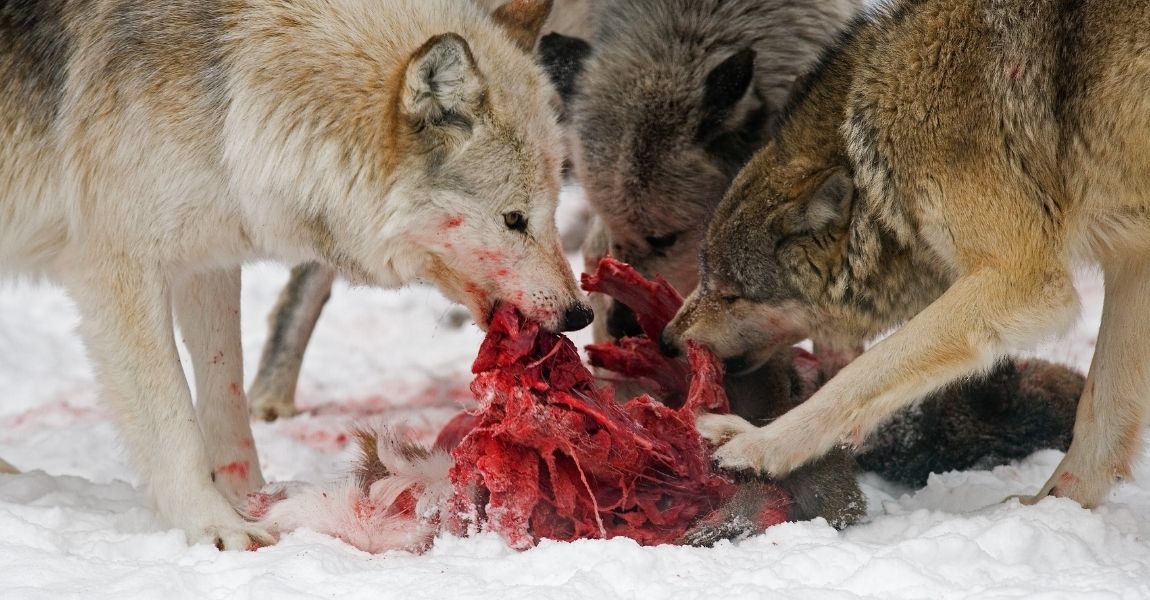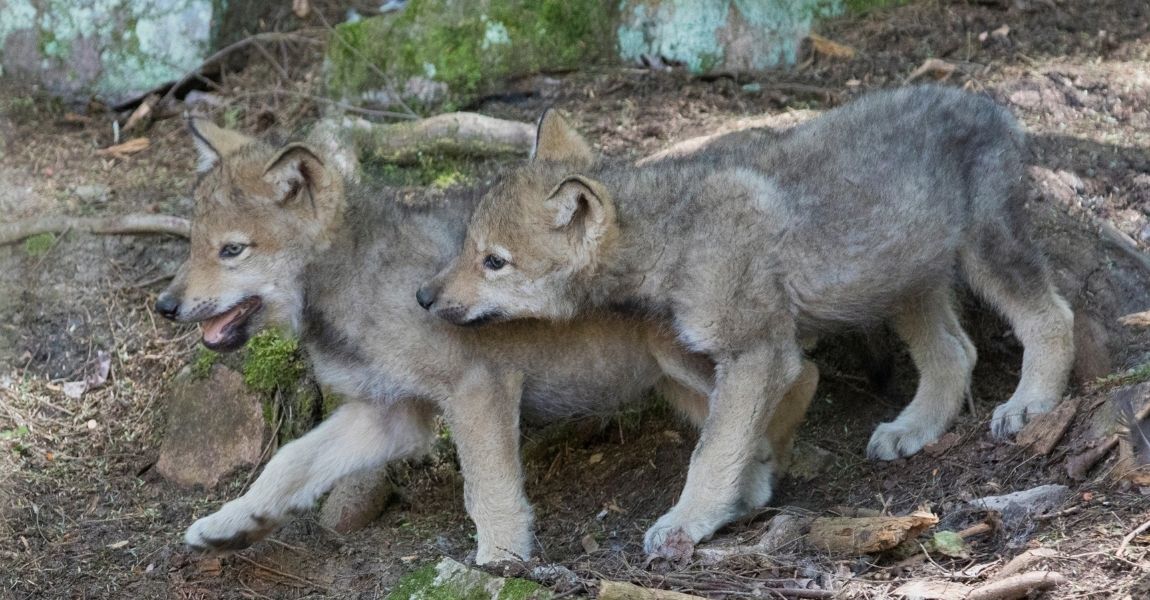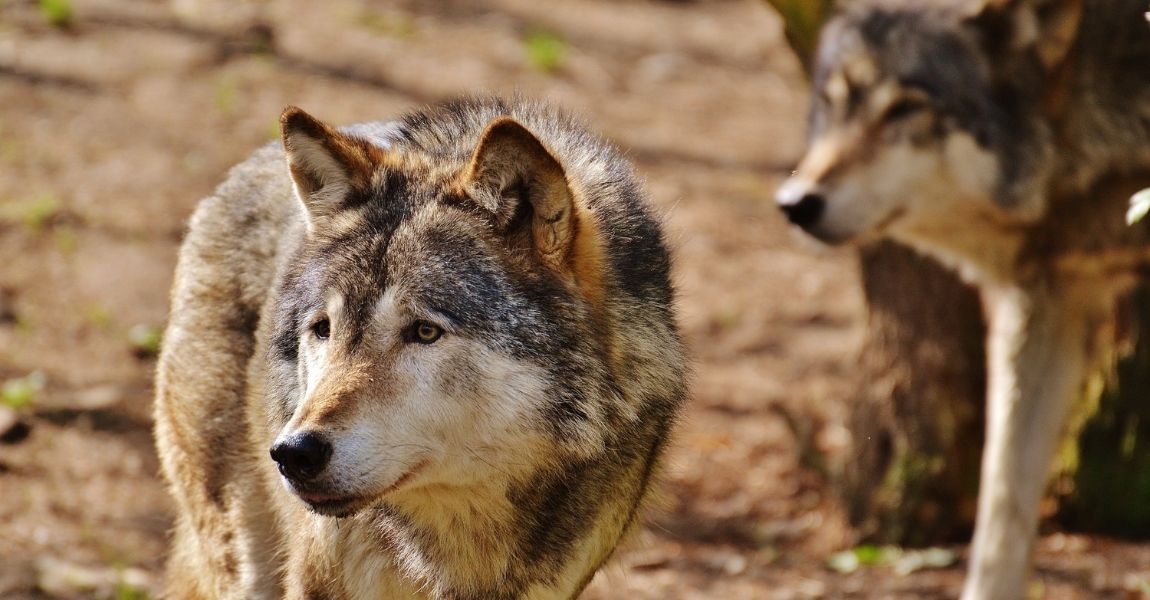Pet Wolf Diet: Exploring the Nutritional Needs of Wolves
Ever wondered what a pet wolf eats? Wolves, including pet wolves, have a predominantly carnivorous diet, although they may consume fruits and berries occasionally in the wild. Unlike domestic dogs, wolves follow a "feast and famine" pattern in their eating habits. This means they may consume a large amount of food, often around 7/9 kilograms, in one sitting after a successful hunt and then go without food for several weeks if prey is scarce.
Feeding a domesticated pet wolf requires careful consideration. A well-balanced diet for a pet wolf typically consists of approximately 80% fresh meat, such as chicken, beef, or lamb, and 20% dog pellets or kibble that are high in protein and low in fiber. Adult wolves generally require approximately 1.4 kilograms of fresh meat on a daily basis, along with the specified portion of dog pellets or kibble.
However, feeding requirements for wolf pups differ significantly. In their natural habitat, adult wolves regurgitate food for the pups to consume. Therefore, food for wolf pups should be ground into a paste-like consistency using a blender until they reach six months of age.

Feeding Recommendations for Timber Wolves
Refer to the following chart for detailed feeding recommendations based on age and weight:
| Wolf Age | Wolf Weight . | Food Type . | . Amount . | Frequency |
|---|---|---|---|---|
| 2 Months | 3.5kg-7kg | Ground meat | + - 113 g | 2x/day |
| 4 Months | 7kg-11kg | Ground meat . | + - 227 g | 2x/day |
| 6 Months | 11kg-18kg | Ground meat . | + - 340 g | 2x/day |
| 9 Months | 18kg-24kg | Fresh meat | +- 907 g | 1x/day |
| 12Months | 20kg-26kg | Fresh meat | +-1.13 kg | 1x/day |
| 14Months+ | 27kg-48kg | Fresh meat | +-1.36 kg | 1x/day |
While these portions may seem substantial, Timber Wolves' high activity levels help them maintain a healthy weight. Overfeeding, coupled with insufficient exercise, can lead to obesity, impacting their well-being negatively. Therefore, maintaining a consistent feeding schedule and ensuring ample daily exercise is crucial.
Supplements for Wolves
Supplements made specifically for predators kept in captivity, such as wolves, can be beneficial additions to their diet. These supplements are typically high in calcium and protein, supporting their overall health and well-being.
Regular Deworming
It's crucial to regularly deworm pet wolves, ideally every 3 to 6 months. Deworming helps prevent parasites and ensures the digestive health of your pet wolf.
Personalized Diet Plan
Owners should discuss a personalized health diet plan according to their individual pet wolf's needs and requirements. A local trained exotic animal veterinarian can assist in creating a healthy diet plan tailored to your pet wolf's specific dietary needs.
Recommended Foods for Pet Wolves
To mimic their natural diet, the best food for pet wolves, whether hybrid or purebred, is fresh meat. Here are some recommended meats for your pet wolf, all of which can be fed raw:
- Beef
- Chicken
- Lamb
By understanding and meeting the nutritional needs of your pet wolf, including the addition of supplements, dog pellets/kibble, and regular deworming, along with a personalized diet plan from a trained exotic animal veterinarian, you can ensure their well-being and longevity as a cherished member of your family.





